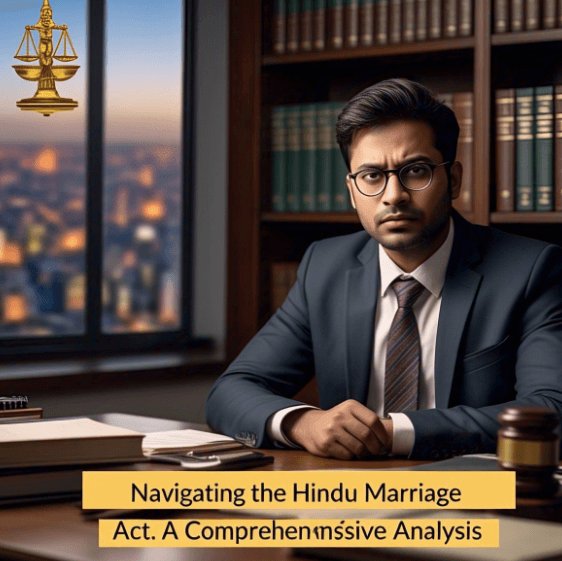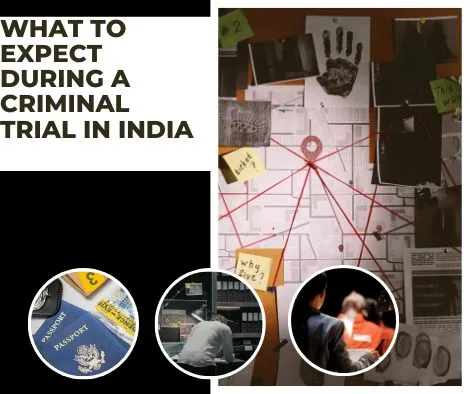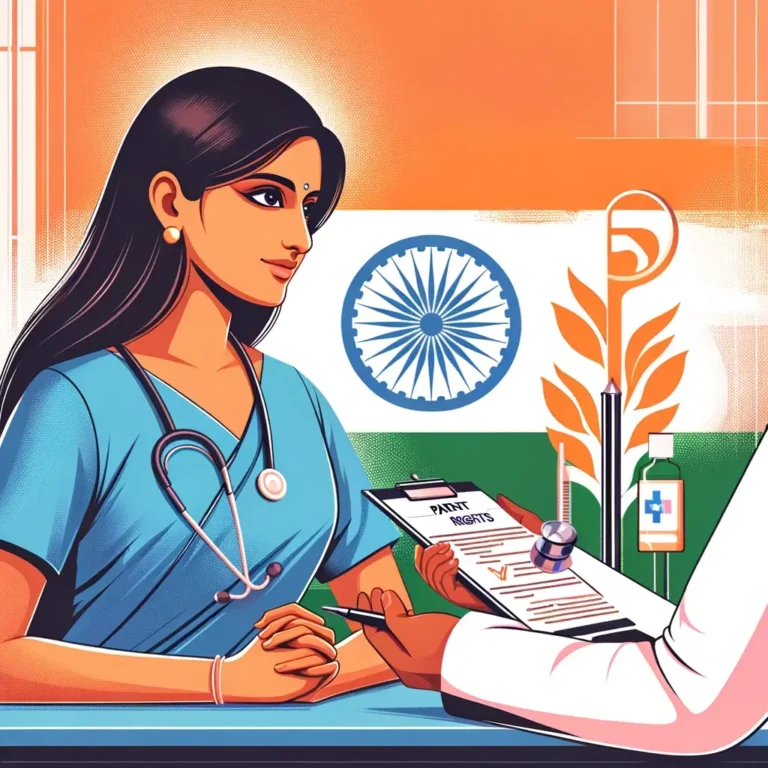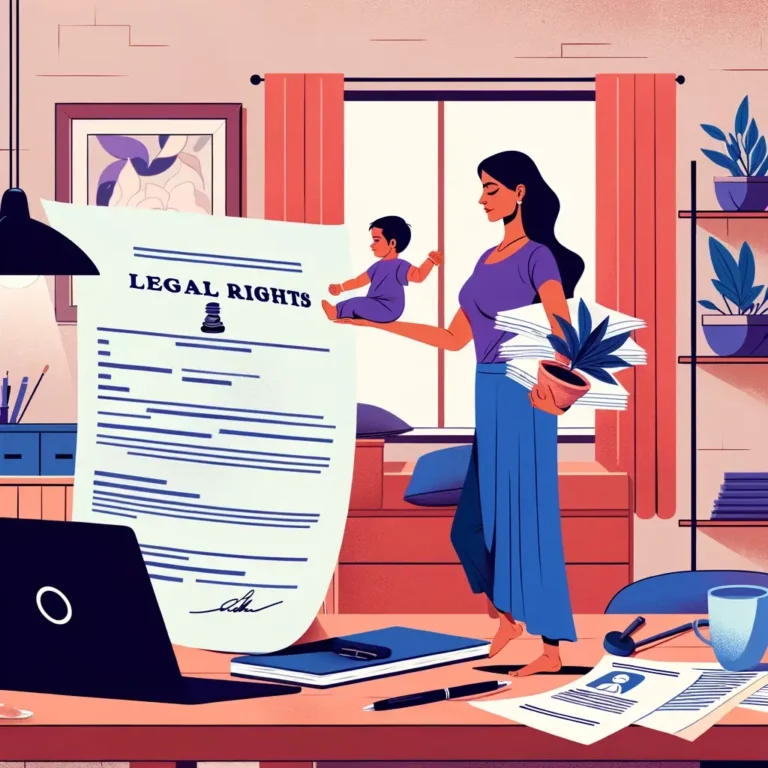In this article we have explained about Do you Need a Lawyer for Drugs Cases.
Do I Need a Lawyer for Drug Cases?
Understanding the Importance of Legal Representation
The Role of an Attorney in Drug-Related Charges
The question “Do I Need a Lawyer for Drug Cases?” is one that arises frequently, particularly given the complexities of drug laws and the severe consequences that can follow a conviction. This article aims to address this critical query, outlining the significant role an attorney plays in drug-related legal matters.
Why Legal Representation is Crucial in Drug Cases
Understanding Drug Laws: Drug laws vary significantly from state to state and under federal law. An experienced lawyer has a deep understanding of these laws and can navigate the legal system effectively.
Protecting Your Rights: One of the primary roles of a lawyer is to ensure that your rights are protected throughout the legal process. This includes safeguarding you against unlawful search and seizure and ensuring fair treatment.
Negotiating Plea Bargains: In many drug cases, attorneys can negotiate plea bargains, where the defendant agrees to plead guilty to a lesser charge in exchange for a more lenient sentence or other benefits.
Trial Representation: If your case goes to trial, a skilled lawyer can represent you effectively, presenting evidence in your favor and challenging the prosecution’s case.
How a Lawyer Can Make a Difference in Drug Cases
Expert Advice: A lawyer can offer expert advice on the likely outcomes of your case, helping you to make informed decisions.
Reducing Charges or Sentences: An experienced attorney may be able to reduce the charges against you or argue for a more lenient sentence.
Handling Complex Procedures: Legal procedures can be complex and daunting. A lawyer can handle all aspects of your case, from filing paperwork to representing you in court.
Support and Guidance: Beyond legal representation, lawyers also provide support and guidance during what can be a stressful and challenging time.
Conclusion: The Final Answer on Legal Representation in Drug Cases
In conclusion, while it is possible to represent oneself in a drug case, the complexities of drug laws and the potential severity of the consequences make it advisable to seek professional legal representation. A qualified lawyer can provide invaluable assistance in protecting your rights, negotiating plea bargains, and representing you in court. The final answer is clear: for the best outcome in a drug case, having a lawyer is not just beneficial, it’s crucial.
Frequently Asked Questions (FAQs) About Legal Representation in Drug Cases
- Do I always need a lawyer for a drug charge?
- Yes, it’s highly recommended to have a lawyer for any drug charge due to the complexities of drug laws and the potential severe consequences.
- Can I represent myself in a drug case?
- While you have the right to self-representation, it’s not advisable due to the legal complexities and risks involved in drug cases.
- What can a lawyer do that I can’t in a drug case?
- A lawyer can navigate the legal system, understand drug laws, negotiate plea bargains, and effectively represent you in court.
- Are drug laws the same in every state?
- No, drug laws vary significantly from state to state, and federal laws may also apply.
- How can a lawyer help if I’m guilty?
- A lawyer can negotiate plea bargains, seek reduced charges or sentences, and ensure your rights are protected throughout the process.
- What’s a plea bargain and how does it work?
- A plea bargain is an agreement where the defendant pleads guilty to a lesser charge in exchange for a more lenient sentence or other benefits.
- Can a lawyer get my drug charges dropped?
- In some cases, a lawyer may get charges reduced or dropped, especially if there’s insufficient evidence or procedural errors.
- Is hiring a lawyer expensive?
- Legal fees vary, but considering the potential consequences of a drug conviction, the cost of not hiring a lawyer can be much higher.
- Can I get a public defender for my drug case?
- If you can’t afford a private attorney, you may be eligible for a court-appointed public defender.
- How do I choose the right lawyer for my drug case?
- Look for a lawyer with experience in drug cases and a good track record. Personal referrals and online reviews can be helpful.
- What happens if I’m convicted of a drug charge?
- Consequences can include fines, imprisonment, probation, and a permanent criminal record.
- Can a drug conviction impact my future employment?
- Yes, a drug conviction can negatively affect employment opportunities, as many employers conduct background checks.
- Are drug offenses always felonies?
- No, drug offenses can be classified as misdemeanors or felonies, depending on the substance and amount involved.
- What should I do if I’m arrested for a drug offense?
- Exercise your right to remain silent and request an attorney immediately.
- Can a lawyer help with drug addiction issues in court?
- Yes, a lawyer can argue for rehabilitation programs as part of your sentence, emphasizing treatment over punishment.
- What if the drugs weren’t mine?
- A lawyer can challenge the possession charges and argue for dismissal if there’s insufficient evidence linking you to the drugs.
- How long does a drug case typically take?
- The duration varies greatly depending on the case’s complexity and legal procedures involved.
- Can I just pay a fine for a drug charge?
- Some minor drug offenses may be resolved with a fine, but this is dependent on the specific laws and circumstances of your case.
- What is drug court?
- Drug court is a specialized court program focused on rehabilitation for drug offenders rather than traditional punishment.
- Can a lawyer reduce my sentence?
- A lawyer can negotiate for reduced sentences, especially by highlighting mitigating factors or entering plea bargains.
- Will I go to jail for a first-time drug offense?
- This depends on the severity of the offense and state laws. A lawyer can help in seeking alternatives like probation or rehabilitation programs.
- What’s the difference between drug possession and trafficking charges?
- Possession usually refers to having drugs for personal use, while trafficking involves the distribution or sale of drugs.
- Can a drug charge be expunged from my record?
- In some cases, yes. A lawyer can advise on expungement eligibility and process.
- What if I was under the influence when arrested?
- Being under the influence can be a mitigating factor, but it’s not a defense against drug charges. A lawyer can advise on the best legal strategy.
- Can a lawyer help if the drugs are prescription medication?
- Yes, a lawyer can assist, especially if the medication was legally prescribed to you.
- What should I tell my lawyer about my drug case?
- Be completely honest and provide all details relevant to your case; attorney-client privilege will protect this information.
- How do I prepare for my first meeting with a drug case lawyer?
- Gather all relevant documents, such as arrest reports, and prepare a list of questions or concerns you have.
- Can a drug conviction affect my driving license?
- Yes, in some states, a drug conviction can lead to a suspension or revocation of your driving license.
- What are controlled substances under law?
- Controlled substances are drugs regulated by law, including illegal drugs and certain prescription medications.
- Can international drug laws affect my case?
- Generally, local and federal laws apply, but if the case involves crossing international borders, international laws might also be relevant.
















